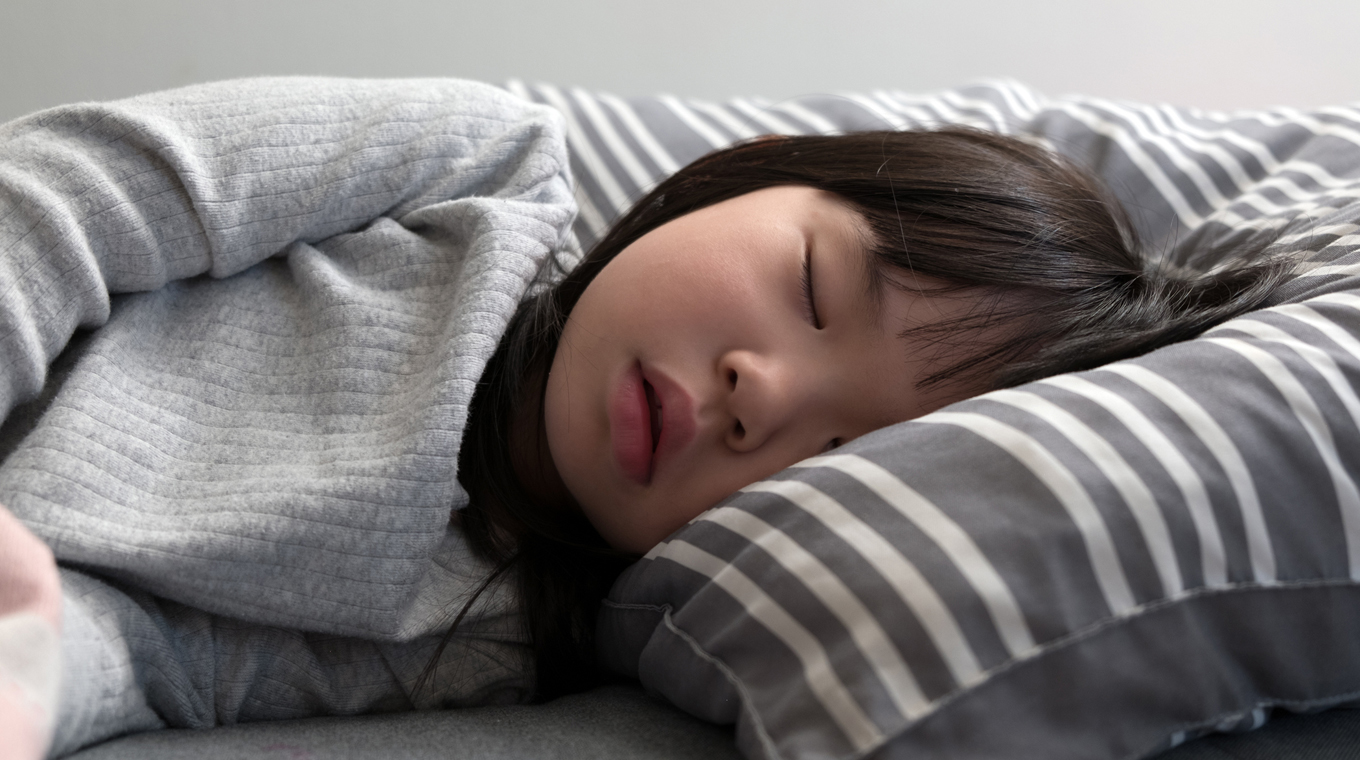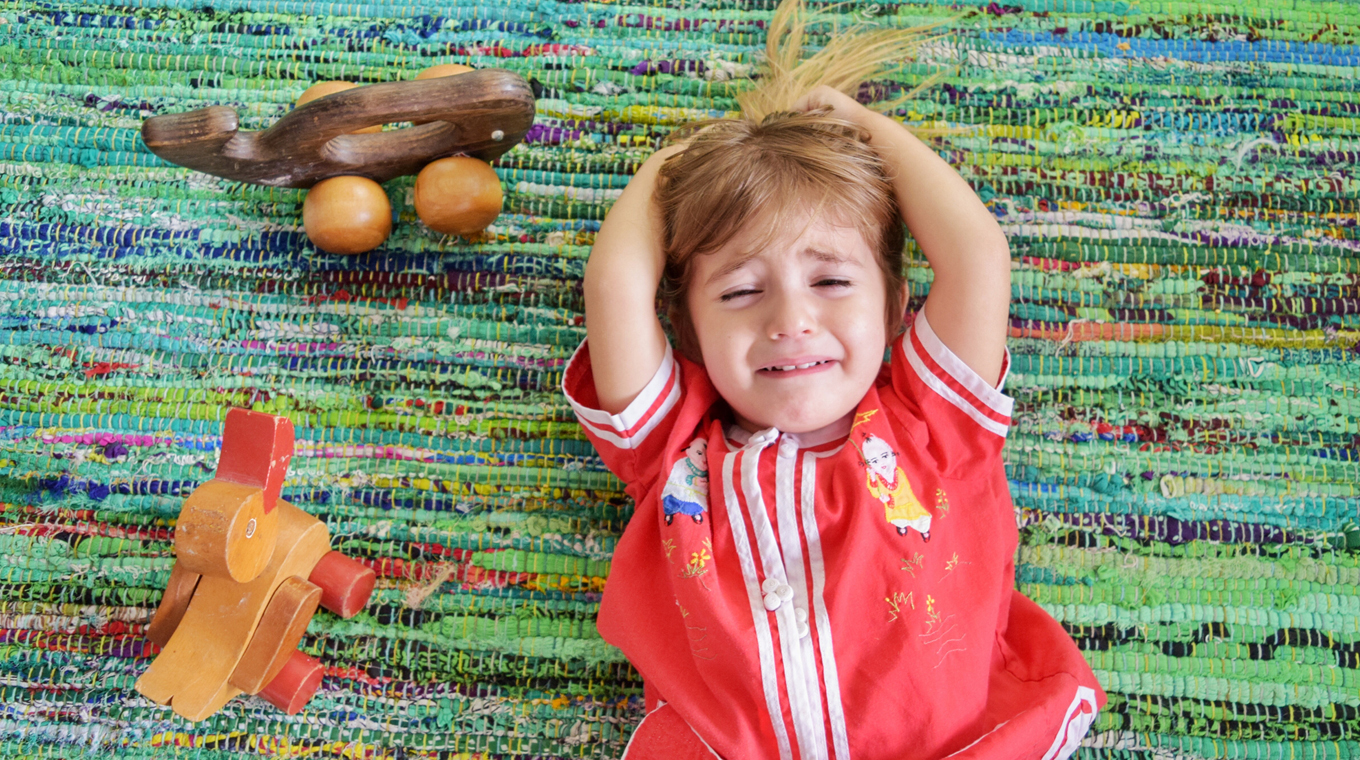When I evaluate a new client for anxiety, I always begin by asking the child's parent about sleep habits. Without fail, I am told that sleep really isn’t an issue. No nightmares. No trouble falling asleep. No trouble staying asleep. Other than the occasional refusal to go to bed or request for 10 more minutes, sleep is rarely identified as a problem.
Until the parent leaves the room. That’s when kids of all ages really talk about sleep: It usually takes me an hour to fall asleep. I wake up a lot. I need a lot of lights, but my parents don’t want lights on, so I have to wait for them to go to bed to turn the lights on. I have nightmares a lot. I worry at night.
Sleep disturbance is common among kids with anxiety, depression, and a variety of other diagnoses. It’s also common among kids who aren't in therapy. Kids today are overscheduled, under stress, and sleeping less than they should. They are, in fact, sleep-deprived.
Experts agree that kids need more sleep

“More than a third of the US population is not getting enough sleep, and for children who are in the critical years of early development, sleep is even more crucial,” Dr. Nathaniel Watson, former president of the American Academy of Sleep Medicine, said in a recent press release. “Making sure there is ample time for sleep is one of the best ways to promote a healthy lifestyle for a child.”
Don’t let the words “children” and “early development” stop you from reading this article if you’ve reached the tween and teen years, though. The new sleep guidelines developed by the American Academy of Sleep Medicine are backed by the American Academy of Pediatrics, and apply to tweens and teens as well as little ones.
So how much sleep do kids really need?
Here’s the lowdown on how much sleep your kid needs based on age (every 24 hours):
- Infants (4-12 months): 12-16 hours of sleep, including naps
- Toddlers (1-2 years): 11-14 hours of sleep, including naps
- Preschoolers (3-5 years): 10-13 hours, including naps
- School-age (6-12 years): 9-12 hours
- Teens (13-18 years): 8-12 hours
Believe me, I know: You have this, that, and the other thing, and sometimes it’s really hard to log those hours. Besides, you think, they can make up for lost sleep on weekends and vacations. Right? Wrong. Consistency is essential; just a few lost hours can lead to sleep deprivation, which comes at a hefty cost to the well-being of your child.
What happens when kids don’t sleep?

Kids who don’t log enough sleep hours are at risk for a wide range of physical and emotional issues:
- Frequent injuries
- Inattention
- Mood swings
- Poor school performance
- Obesity
- Diabetes
- Hypertension
- Diabetes
- Depression
- Anxiety
- Suicidal thoughts
Yes, you read that correctly, sleep deprivation in teens is correlated with increased risk of depression and suicidal thoughts. In a study of nearly 16,000 teens in grades 7 to 12, researchers at Columbia University found that adolescents with bedtimes set at midnight or later were 24% more likely to suffer from depression and 20% more likely to have suicidal thoughts.
Inadequate sleep in teens can impact mood, behavior, school performance, and relationships, and can trigger depression. Sleep, as it turns out, is vital to the health and well-being of our children.
What are the benefits of sleep?

It’s not all bad news in the sleep department. When parents empower kids and teens to prioritize sleep, the benefits are many. When children get enough sleep per age on a consistent basis, they enjoy increased attention span, better behavior, improved relationships, increased emotional regulation, improved learning and memory, better overall quality of life, and increased happiness.
Parents often tell me they feel helpless when their kids struggle. Over and over they ask me the same question, “How can I help?” My answer always begins with this: Teach your child how to sleep.
Kids struggle with sleep for a variety of reasons, and it takes patience to help big kids work through sleep problems. It’s worth it, though, because once they learn to cope with their own sleep issues and log enough hours, they experience fewer symptoms of anxiety and stress—and that leads to better sleep.




